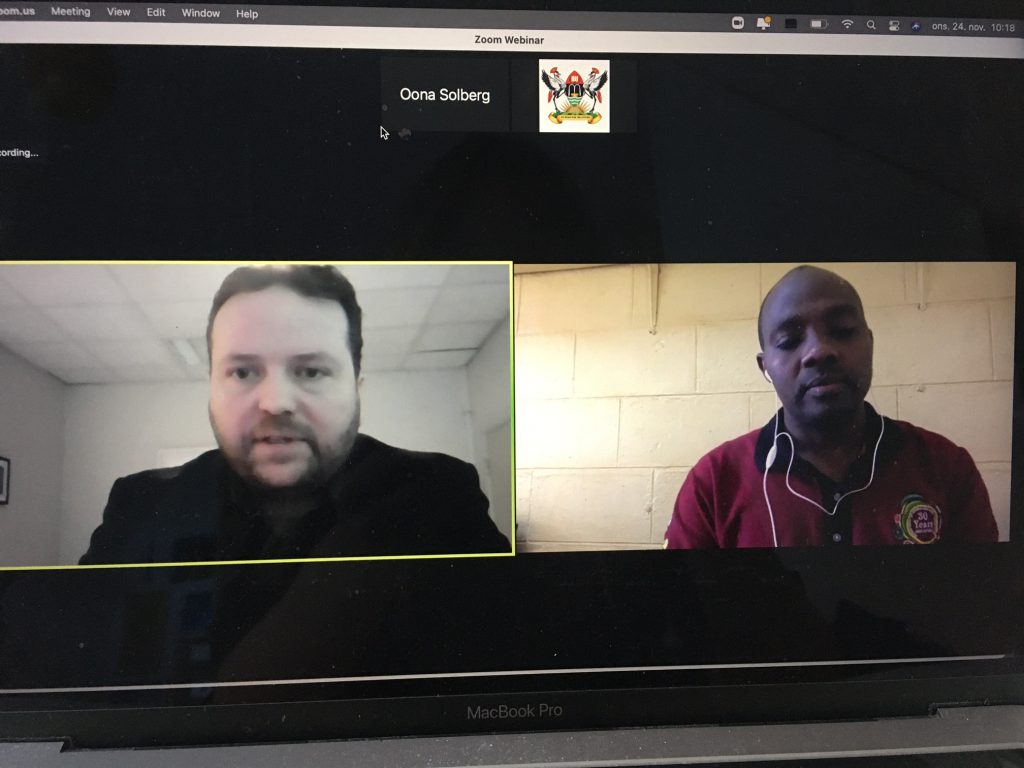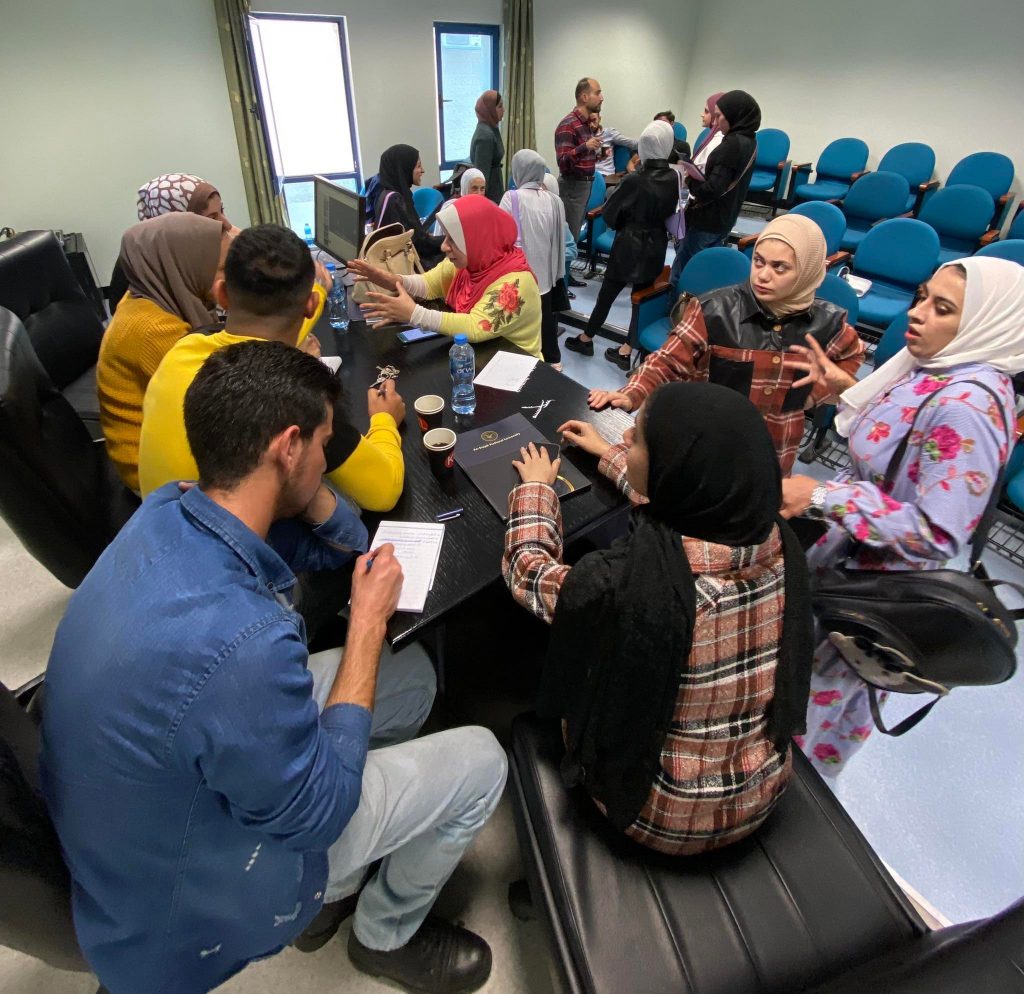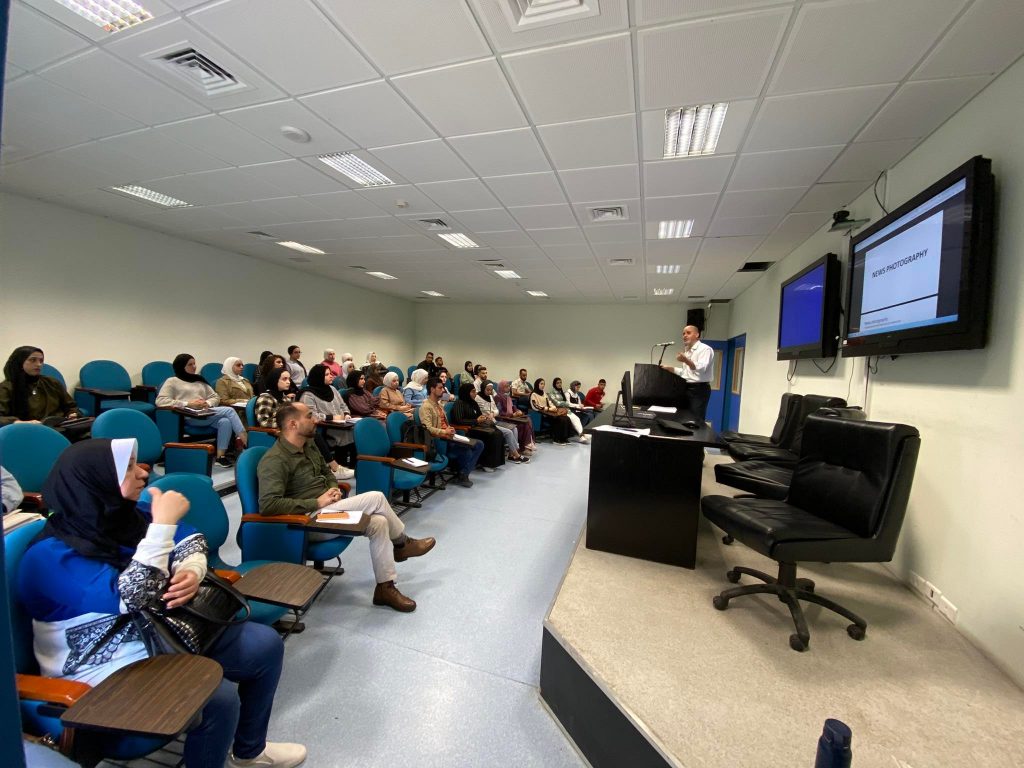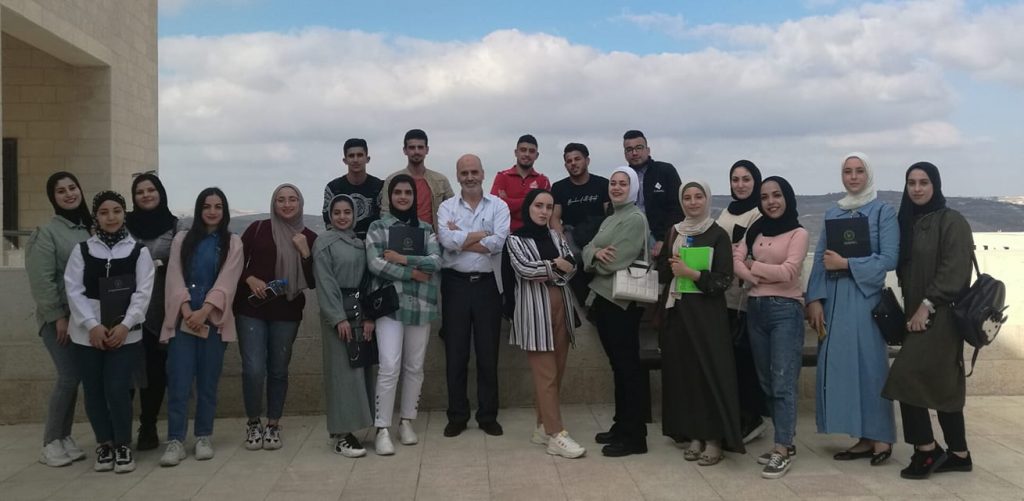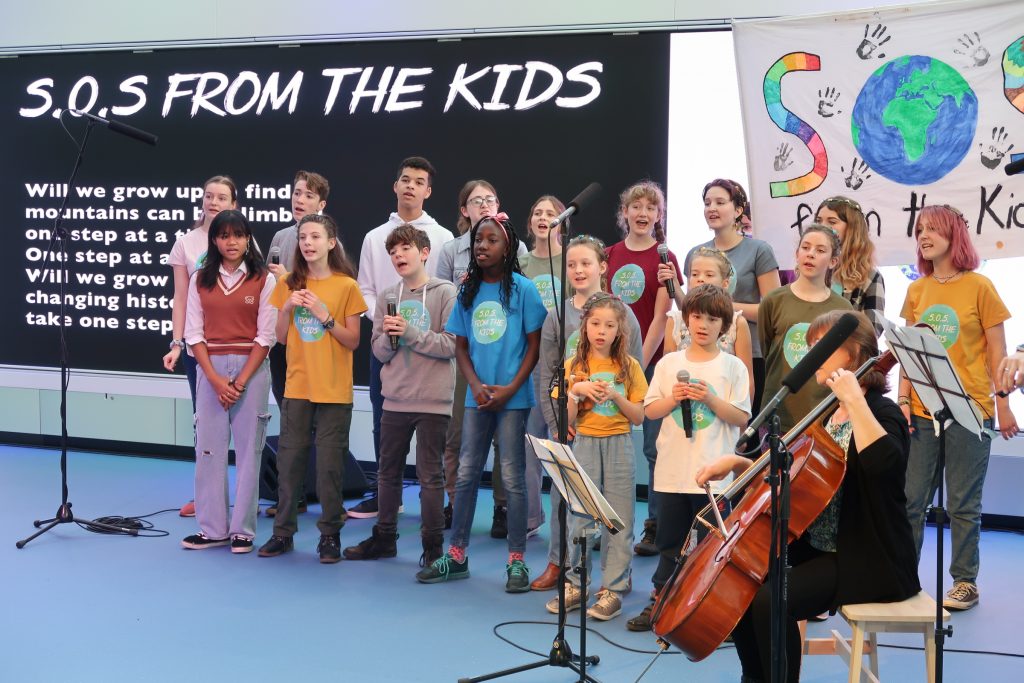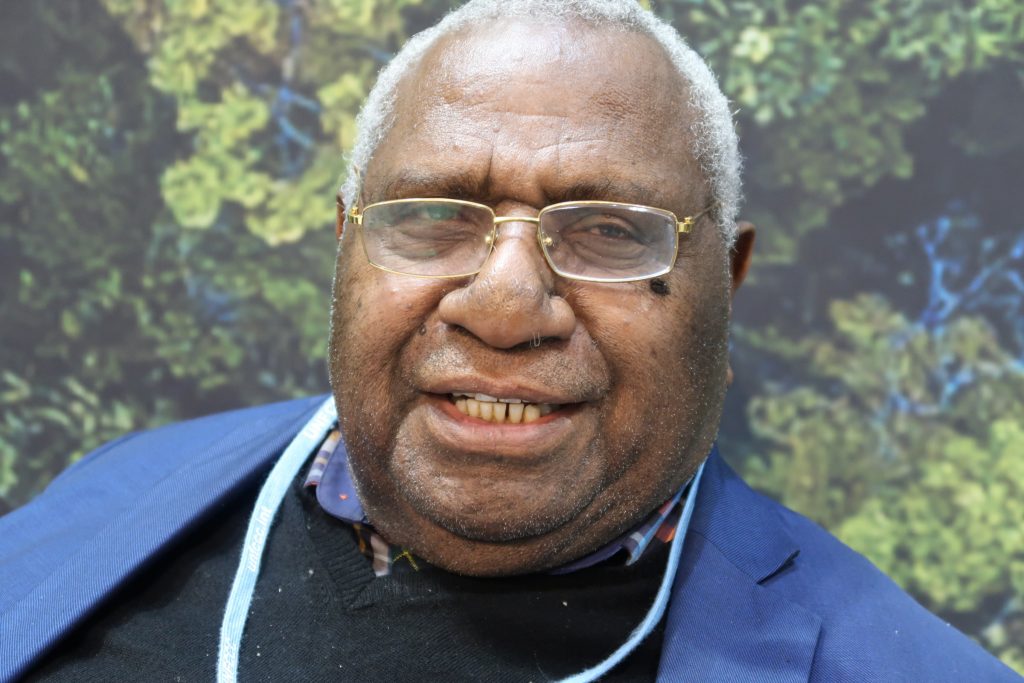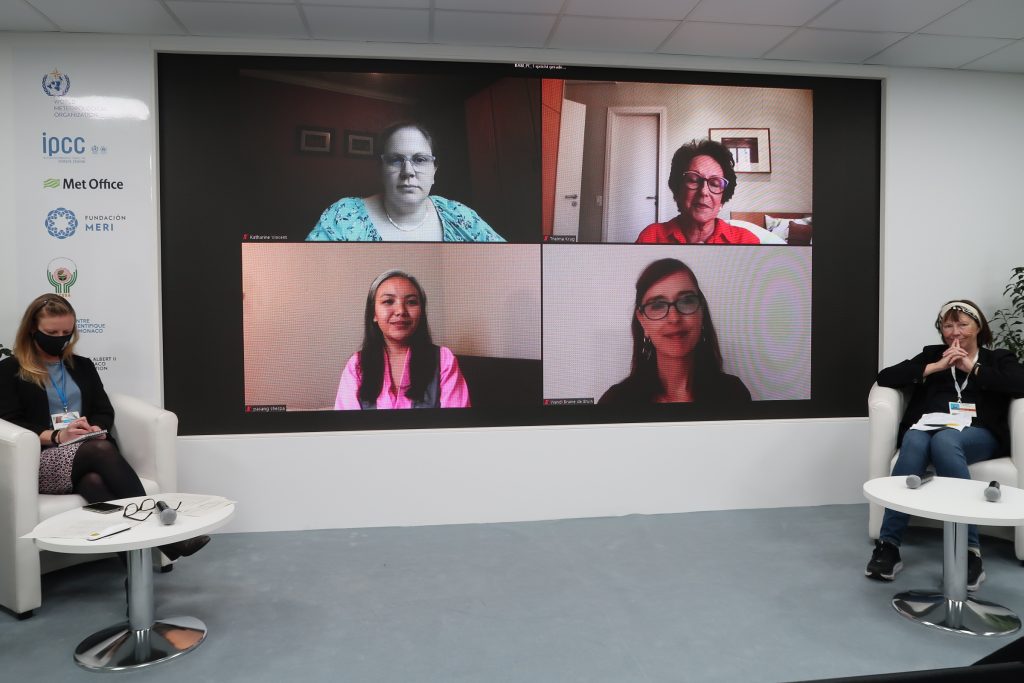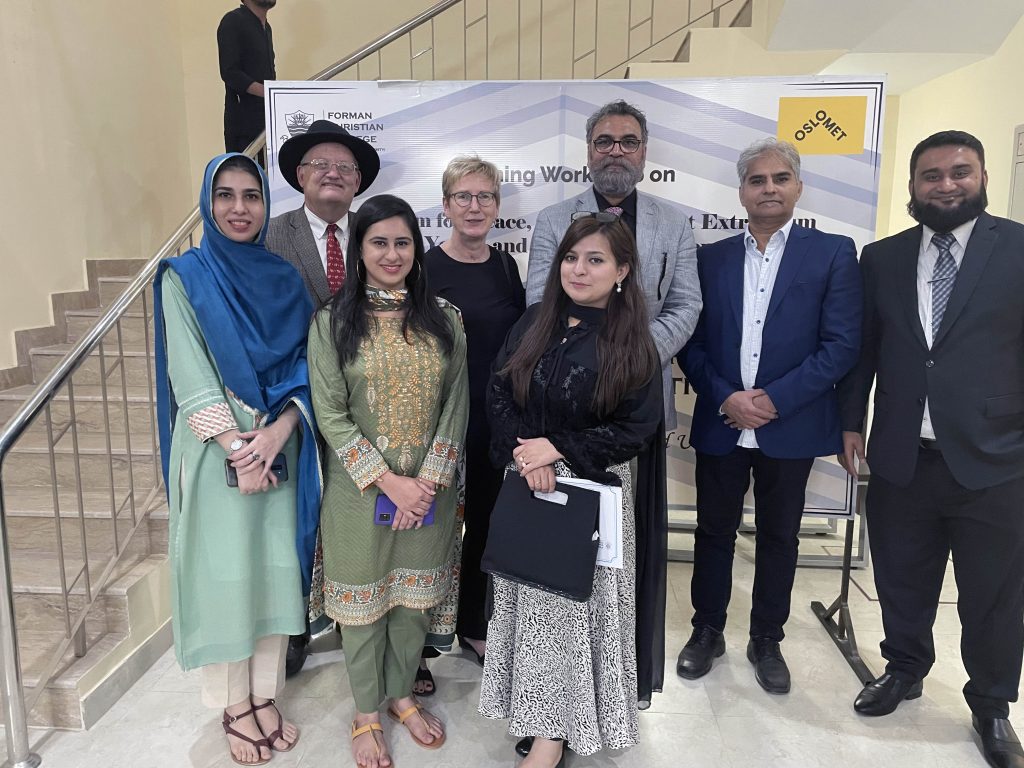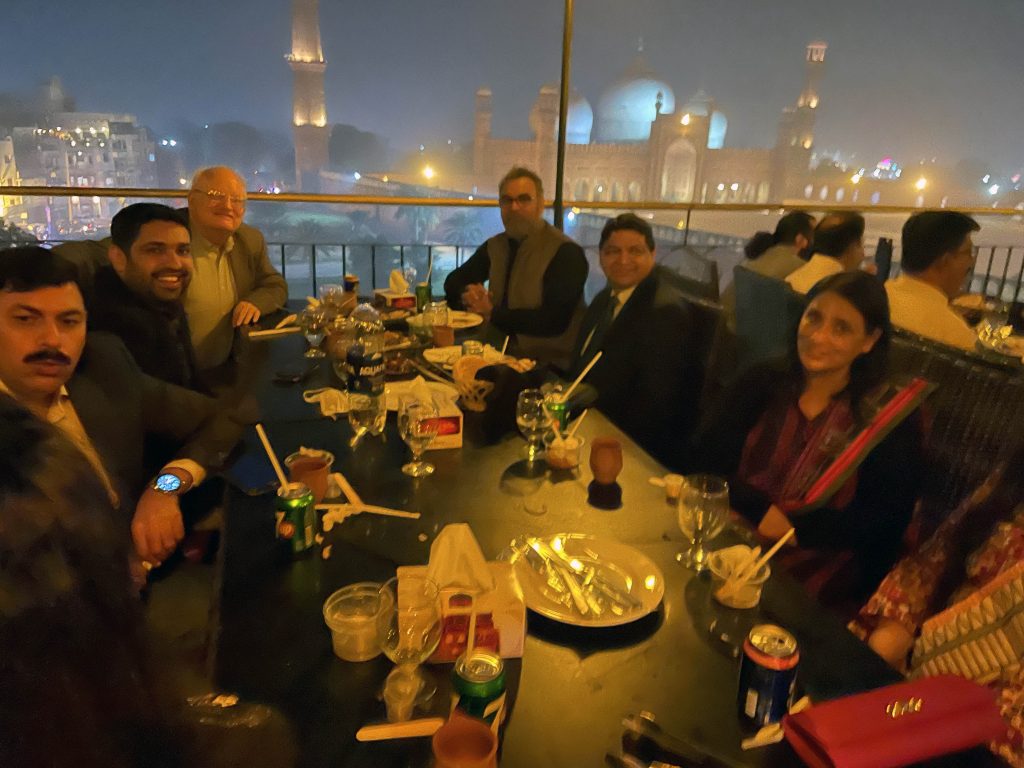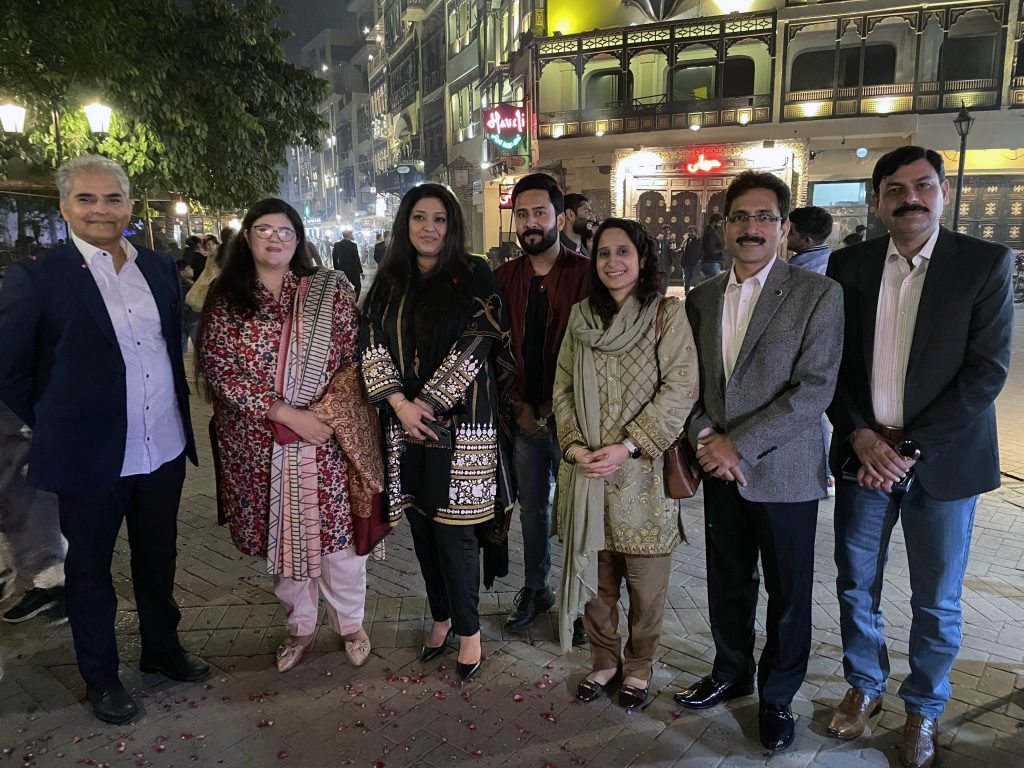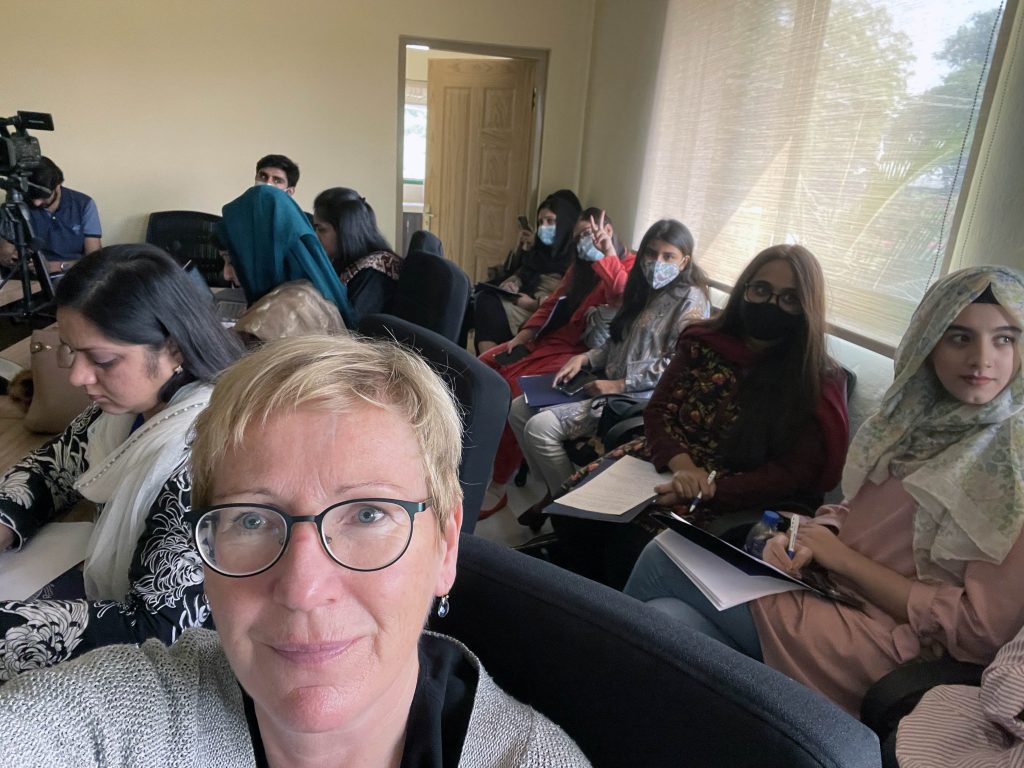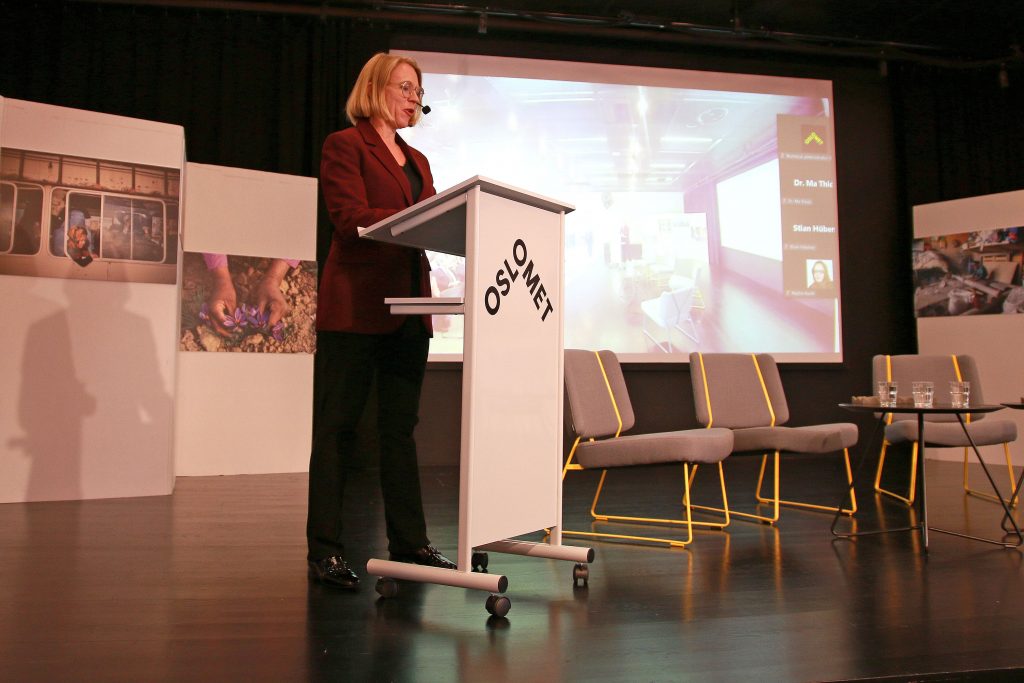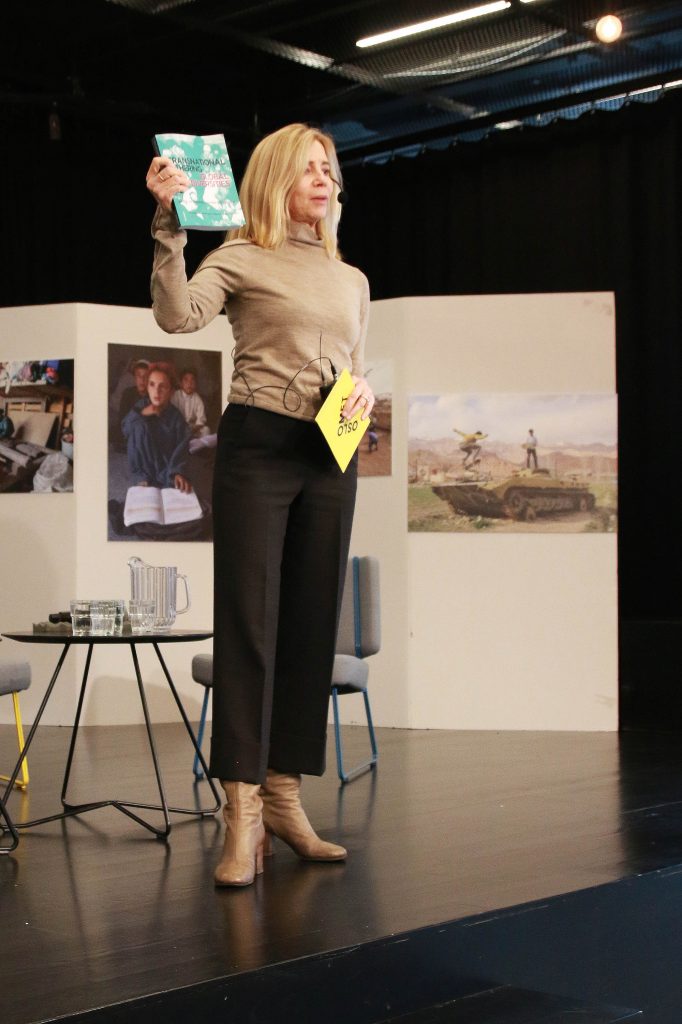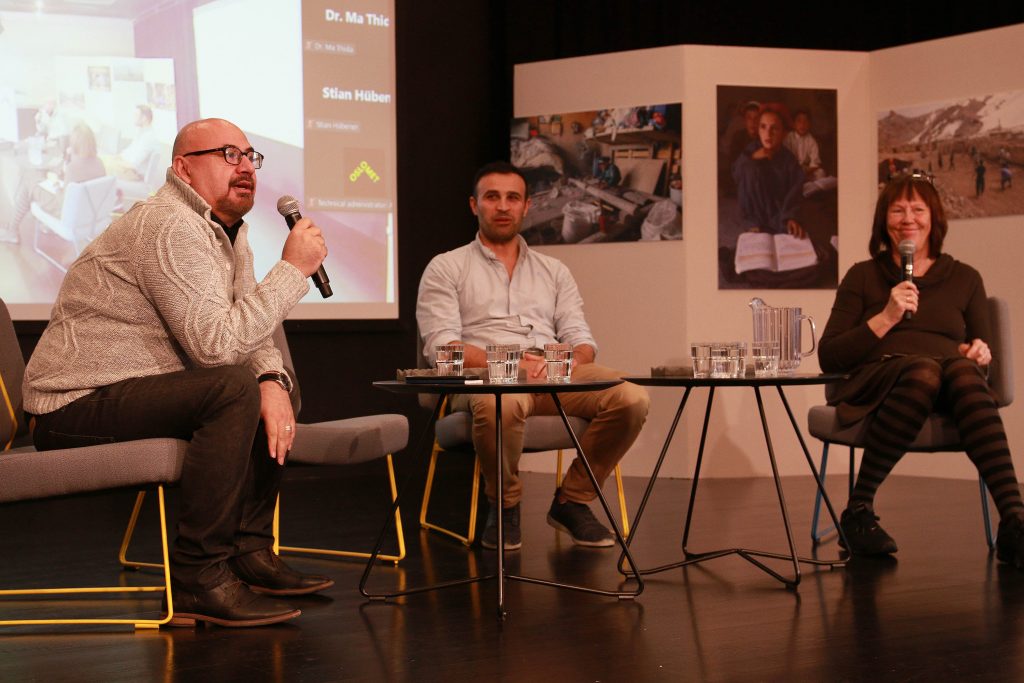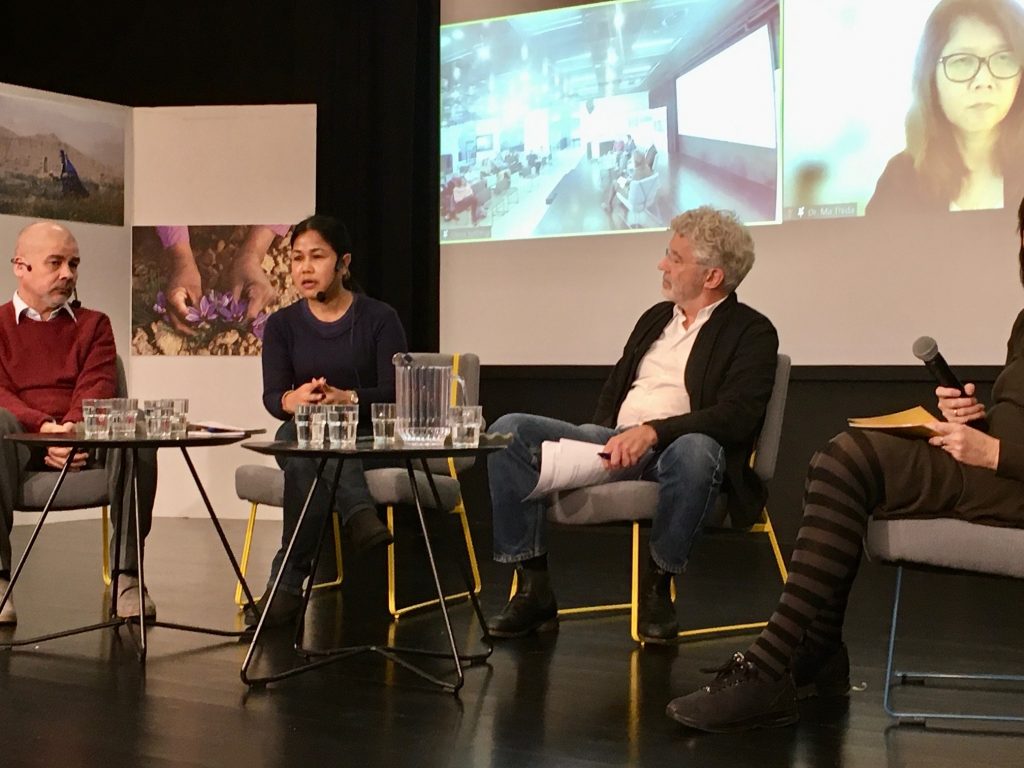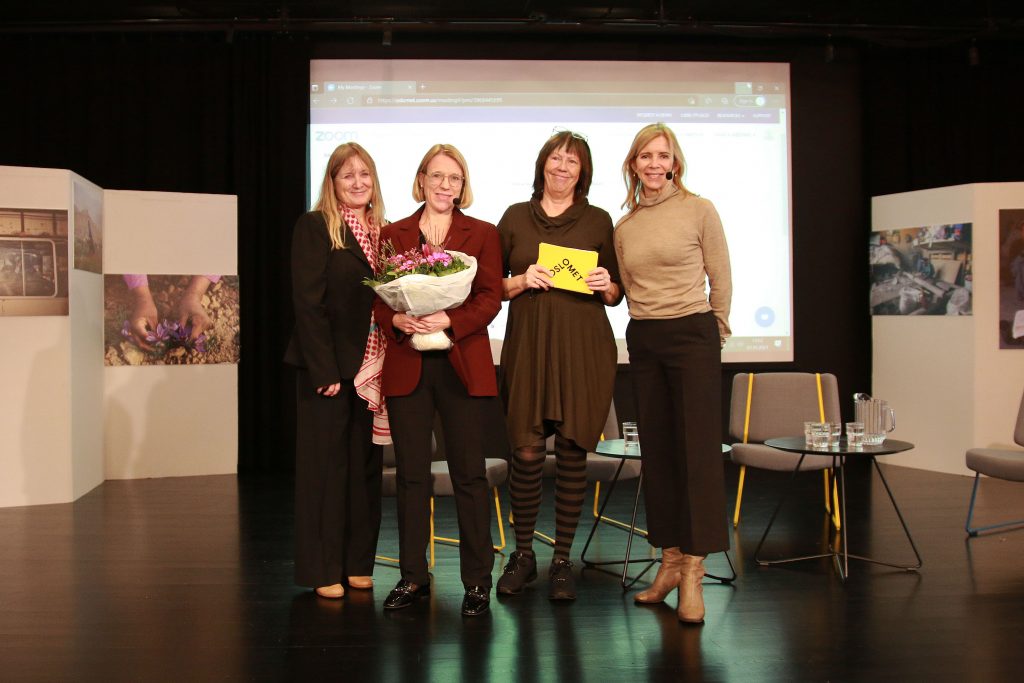Access to information at the core
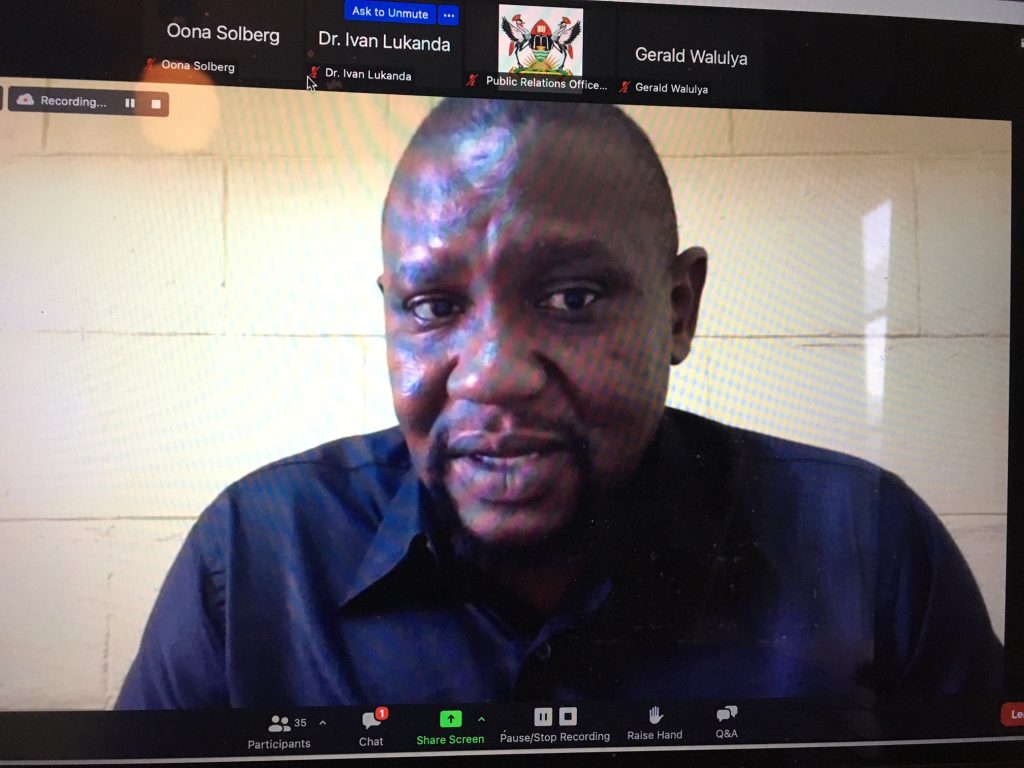
The Department of Journalism and Communication, Makerere University last week conducted a five day webinar on Access to information. The webinar that was attended by 45 final year journalism students was supported by the Journalism & Media International Center of Oslo Metropolitan University.
While speaking at the opening of the webinar on Monday 22 November 2021, the Head of Department, Dr. Nakiwala Aisha Sembatya, noted that Access to Information is important because it is at the core of what the Department does. She noted that without the ability to access information in the possession of the state, it becomes difficult for the media to perform its role.
“The media is assigned a special role of watchdog in society. It is critical in raising awareness, promoting integrity and detecting and reporting about wrongs, like corruption and other evils in society. The effectiveness of the media to perform this role depends on access to information and freedom of expression,” she said.
Nakiwala further said that the right to access information is important because it enables citizens to effectively monitor and hold government to account and it is the foundation for all other rights.
“Access to information can be a leverage for the realization and enjoyment of other fundamental rights such as the right to health, education, environment and other rights,” Nakiwala said. She commended the Journalism & Media International Center for supporting the webinar.
The webinar was facilitated by both local and international facilitators. Mr. Toby Mendel, the Executive Director of the Canada based Centre for Law and Democracy discussed the global trends in access to information. Mr. Mugambi Kiai, the Executive Director of Article 19 Eastern Africa, discussed the regional trends in access to information. Mr. Tarjei Leer-Salvesen, a Norwegian journalist taught participants digital skills for accessing information. He demonstrated to participants how one can access information using online tools.
Dr. Ivan Lukanda, a Lecturer at the Department of Journalism and Communication, Makerere University, took participants through procedures of accessing information in Uganda, using the Access to Information Act. Mr. Edward Sekyewa, the Executive Director of the Uganda based Hub for Investigative Media shared with participants his experience in accessing information in Uganda.
Participants noted that they benefited a lot from the webinar.
“My main take home was that as journalists, we need to be aware of our rights to access information and stand together for a common goal of being watchdogs because when we are ignorant, we can be shut down by the people who don’t want to be exposed,” said Shanitah Nalukenge, one of the participants.
